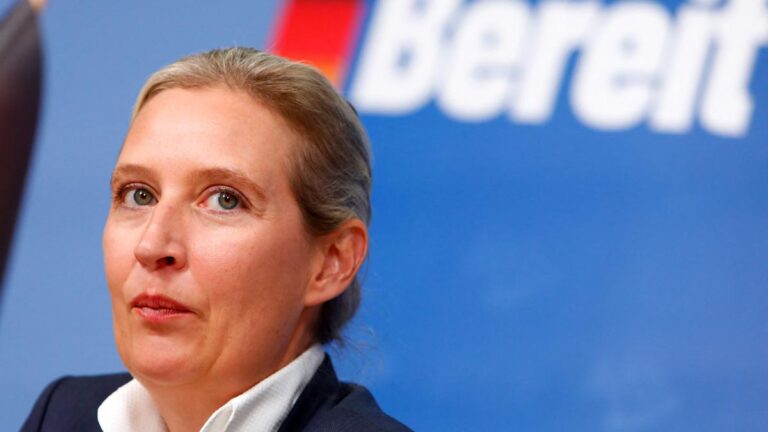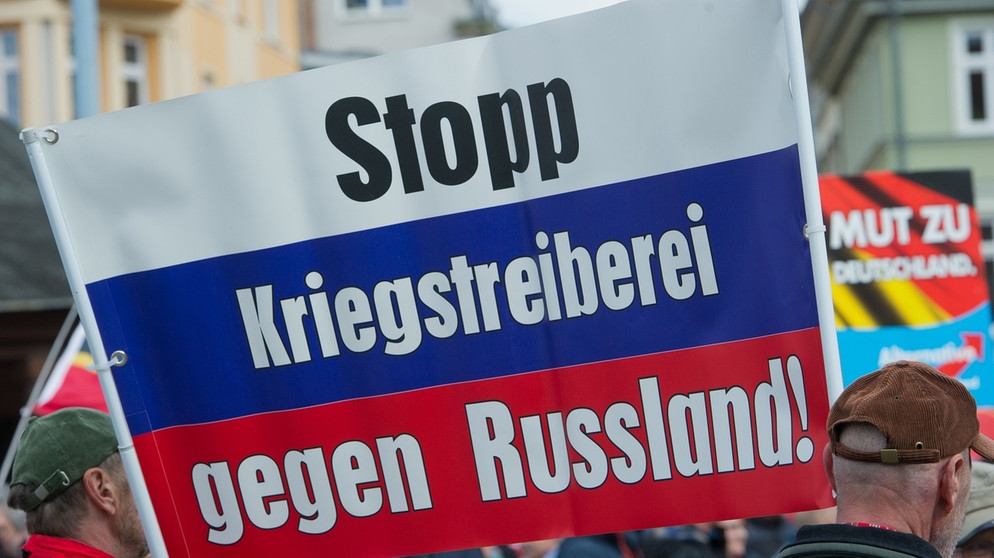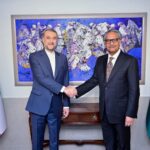Russia has focused on influence operations in Germany to break apart the European Union. Germany is suitable for this effort, as Russia has penetrated deeply into German political parties, with some pro-Russian political projects, based on business interests in Russia, working successfully (AfD). Russia, in 2015-2017, shaped favorable social and economic environment (the migration crisis triggered by Russia’s carpet bombings in Syria), which increased the demand for far-right political projects. Chancellor Angela Merkel, when in office, allowed the Russians to build their influence in Germany and lay the ground for the economic lobby to engage in politics and set up pro-Russian political projects, harming German’s security and defense, as Russians simultaneously infiltrated, in particular, the army and the Bundesnachrichtendienst (BND).
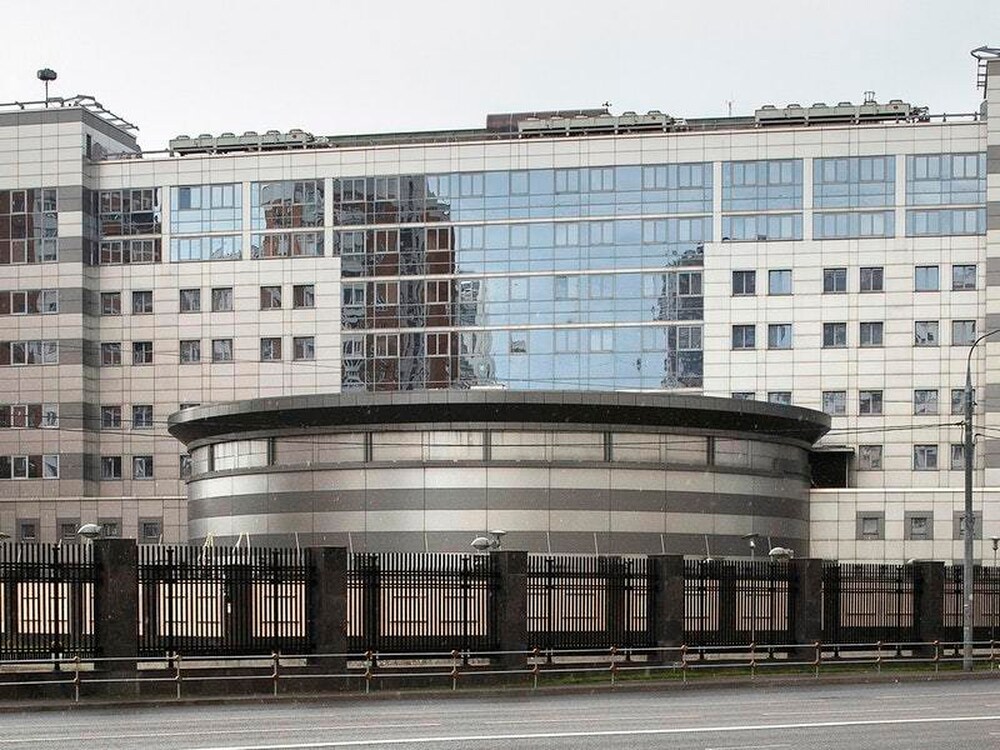
More on this story: Russian military intelligence dominates German line of radio traffic with agents
Olaf Scholz Cabinet took lessons from Merkel’s mistakes, when she paved the way for the Kremlin to build influence in Germany and make it more dependent on Russian energy. Scholz has also taken advantage of Russia’s war in Ukraine to boost Berlin’s geopolitical status in Europe and minimize Germany’s image loss over World War II. Russia has fully taken over the image of Nazi Germany, while Berlin is among the leaders who advocate for democracy and protect territorial integrity and independence of European nations.
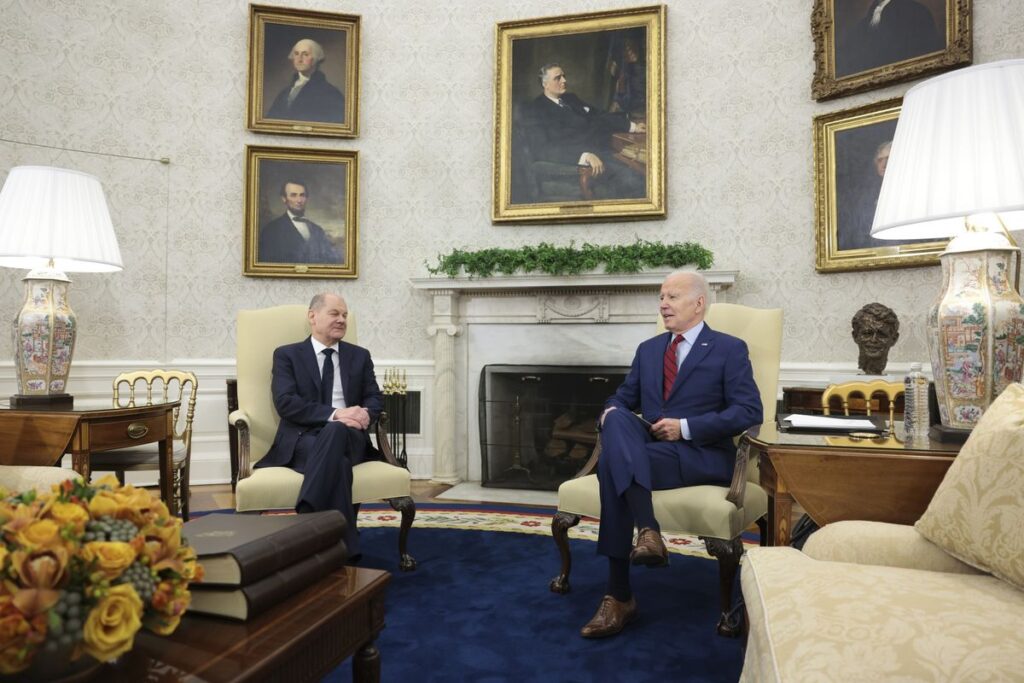
More on this story: Scholz’s political motives in view of Russia’s war on Ukraine
The Kremlin, in response, employs the political forces under its control to weaken Germany and squeeze it out of the so-called Europe’s locomotive. The Alternative for Germany (AfD), should it come to power, is considering the possibility of a referendum on leaving the EU, like Brexit. If the Alternative for Germany is a part of shaping the government, the party will seek to reform the EU to limit the powers of the European Commission, Alice Weidel, one of the AfD leaders said. Some other Russian projects in Europe are likely to launch this initiative in the upcoming election to the European Parliament.
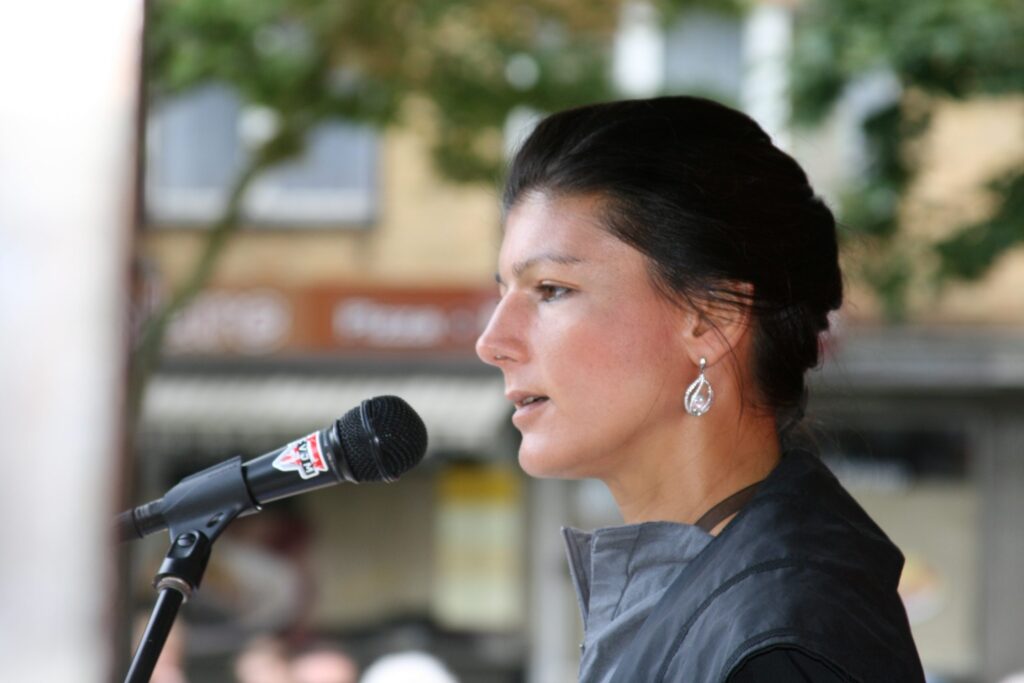
This idea violates the established taboos in Germany, where major political parties express strong backing for European integration. That means the idea was shaped outside Germany’s political scene and brought to the agenda by Russian proxies, as polls show that most of the Germans support Germany being part of the EU.
Sahra Wagenknecht’s Alliance – a new pro-Russian project is also worrying, as she already plans to take part in the elections to the European Parliament in June 2024 and in regional elections in Thuringia, Saxony and Brandenburg this October. Hans-Georg Maaßen, ex-President of the Federal Office for the Protection of the Constitution, voiced support for Sahra Wagenknecht’s project and said he did not rule out cooperation between the party he is going to establish and the Alternative for Germany. Russia, therefore, is seeking to take control of the right and left political forces in Germany, using powerful “heavyweights”. This kind of tactics might indicate that Moscow is going to launch a smear war in Germany and step up subversive activity, like coup attempts by Reichsbürger movement. We believe the Kremlin is placing bets on extreme scenarios for Germany, as it was chosen as a key target to break apart the EU and NATO. This choice attributes not just to the high degree of control on certain political projects in Germany (with more and more parties being established to cover the entire range of voters), but also to the large diaspora of ethnic Russians, who strongly support the Putin regime.
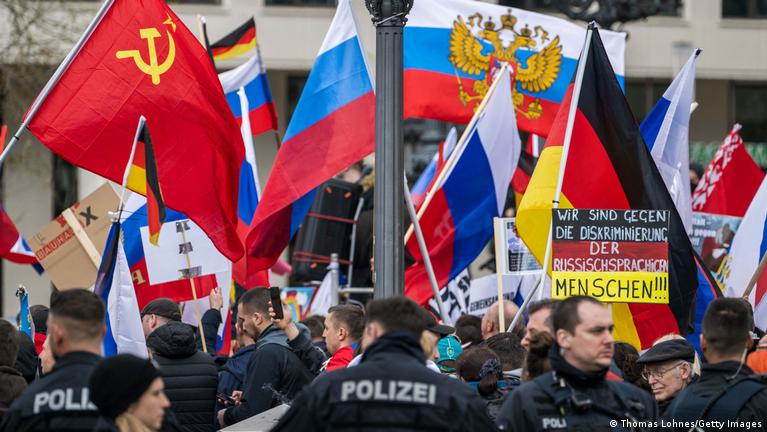
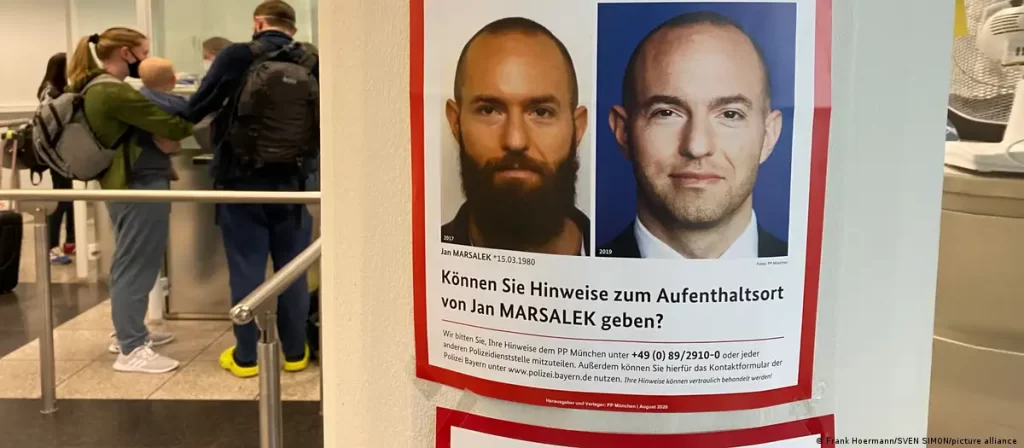
More on this story: Moscow plotting to remove German Chancellor

More on this story: Russia prepares for fake news campaign involving AfG


